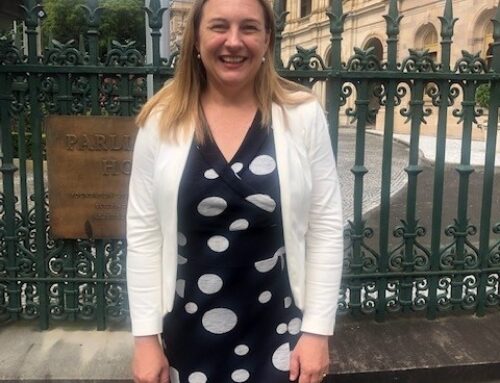Records of medical treatment in a claim for personal injuries provide important information as to how the injuries occurred, the treatment provided and the impact the injuries have had on the injured person.
Notwithstanding how important these records are, sometimes there can be a disconnect between the information recorded by the treatment provider and what the injured person actually reported. We can probably all recall a time where a record of a conversation did not reflect the whole exchange. Barriers to effective communication beset us all, and medical treatment providers are far from immune.
The purpose for which a record is made will often have a material effect on what details are recorded in it. The treatment provider’s focus is on providing the patient with medical care. If the way the accident happened isn’t as important as diagnosing and treating the injury, less care may be taken with ensuring these details are recorded accurately. The last thing any of us wants is a doctor thinking like a lawyer when we need medical assistance.
Fortunately, the Courts are alive to the fact that errors, omissions and inaccuracies in medical records occur despite everyone’s best intentions. The different ways that the fields of law and medicine use medical records are well known to the Courts and they have developed principles to deal with them.
A case decided in the ACT in October 2022 reaffirmed the Court’s approach to this issue and set out how these principles are to be applied.
These principles ensure that Courts recognise that medical records and clinical notes:
1. Are usually taken for a purpose different to that for which they are used in proceedings;
2. Do not contain the questions of the health professional that preceded the patient’s reply;
3. Are likely to be a summary rather than a word-for-word record of what was said;
4. Are affected by a range of factors, including fluency of language and the patient’s understanding of the purpose of the questioning.
The judge in the ACT case accepted that even though the clinical notes of the GP did not always record that the claimant was suffering from symptoms of a chronic condition during the consultations, the fact that it wasn’t recorded in the notes, didn’t mean she wasn’t. Instead, the notes reflected the main reason for which she was seeing her GP, not everything else that she might have reported during the consultation.
The Court’s application of these principles in this case (in part) led the judge to make a greater award of damages than the defendant had argued was appropriate.
1. Maher v Russell [2022] ACTSC 297
2. Note 1 at [129]; See also Container Terminals Australia Ltd v Huseyin [2008] NSWCA 320 at [8]; Mason v Demasi [2009] NSWCA 227 at [2]3. Note 1 at [131]






